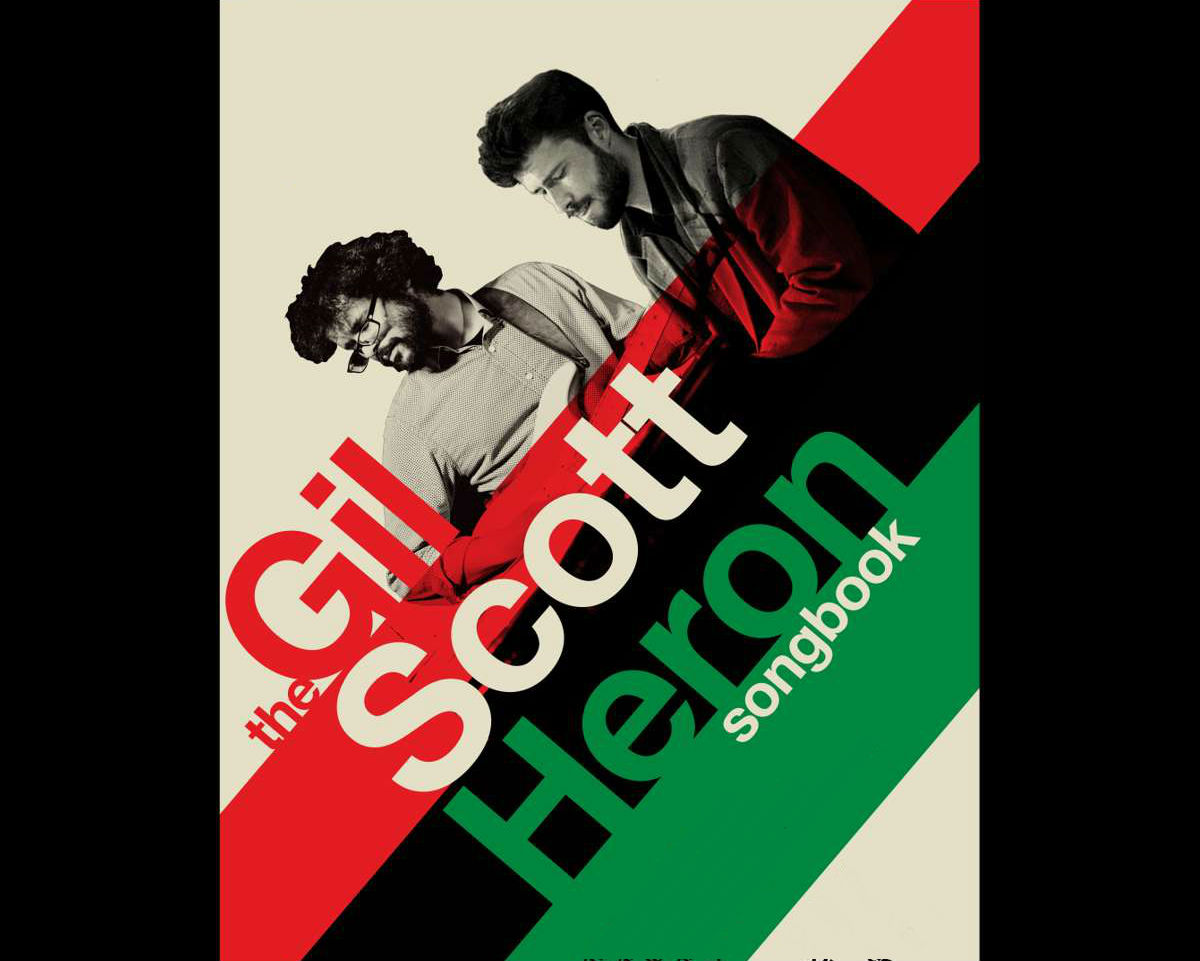When Gil Scott-Heron died in 2011 it was doubly sad. Not only had music lost a pioneer, a progenitor of rap, at a relatively young age, it had lost him just as his star was back in the ascendant with an acclaimed new album after wilderness years and spells in prison. The legacy he left, though, was a significant one, hence this band of Scottish musicians, led by guitarist Aki Remally, paying homage with an evening of his music.
The talented Remally is a very able interpreter of the man. He doesn’t mimic Scott-Heron, but he does inhabit the man’s music, imparting some of the late singer’s soul and attitude. Pianist Fraser Urquhart sits to his side and the pair are backed up with a rhythm section of bassist Tom Wilkinson and drummer Max Popp.
It’s a low-key, laid-back opening with We Almost Lost Detroit, which sets the tone for the evening, allowing the band to showcase their musicianship. Many of the originals have the musical signifiers of their times – 70s keyboard sounds or the distinct soul feel of the period. There’s no attempt to replicate that here. Instead, the band have taken the jazzy musical core and created something contemporary sounding from it. This applies also to tracks like 95 South from the same album, whose lyrical themes of poverty and oppression are a strong example of Scott-Heron’s political side.
The ‘insatiable groove’ of Home Is Where The Hatred Is changes things up a little, injecting some tension into what has been a mellow set. It’s also a vehicle for Remally to break out his impressive soloing skills. Once he gets going, he looks like he could keep going for ever, and it’s met with a highly appreciative response.
The band take it down again for Pieces of a Man, one of Scott-Heron’s emotive works and a study of self-worth and masculinity in crisis, long before such things were fashionable. It stays down for Winter in America, although the gig will be brought up again in pace, if not in lyrical tone, at the end with a full-throttle version of The Bottle.
It has been a very earnest gig, and as such, one more for aficionados than a general audience. The focus is on the musicianship more than the man and his message, although in some ways that’s a given. Scott-Heron himself would surely be impressed that music that originated in the civil rights struggles of the 70s is still being so passionately performed in jazz bar in Edinburgh nearly half a century later. And lest we forget, he had his own Scottish connection – back in 1951, his Dad was the first black player in a Celtic shirt.
